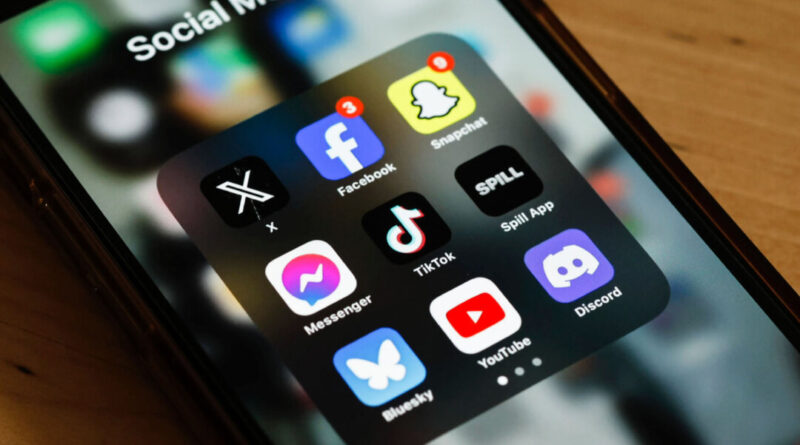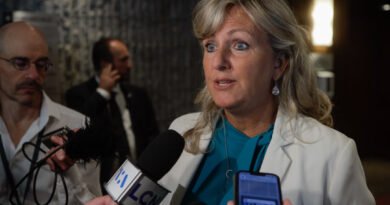Australia Becomes the Latest Country to Ban Social Media for Children
Australian Prime Minister Anthony Albanese referred to harmful social media as a ‘scourge’ but has not yet detailed how age verification will be implemented on smartphones.
The Australian government has pledged to introduce new laws this year to prohibit social media for children following Prime Minister Anthony Albanese’s characterization of it as a “scourge.”
Albanese stated that Australia aims to test age verification technology with the intention of preventing children from creating social media accounts.
He mentioned that the minimum age requirement would fall between 14 and 16, although it is not officially confirmed yet.
Various countries and U.S. states are working towards legislation to restrict children from using platforms such as Instagram, Snapchat, TikTok, X, and Facebook due to concerns about bullying and exposure to inappropriate content.
Albanese, who assumed office as prime minister in 2022, emphasized that harmful social media “is a scourge.”
“We are aware of the mental health implications for many young individuals. The online bullying, access to harmful content, and parental concerns necessitate a response,” Albanese, a 61-year-old with a 22-year-old son, mentioned in an interview with the Australian Broadcasting Corporation.
“We have committed to presenting legislation by year-end for age verification to shield young people from the harm caused by social media.
“I aspire to see children engaged in physical activities rather than being glued to their devices. Real interactions with people and real experiences are crucial as we understand the negative impact of social media,” he added.
The labor government in Canberra announced the ban following opposition from Liberal Party leader Peter Dutton, who vowed to implement the ban within 100 days of winning the next general election in May.
Several countries have been experimenting with ways to limit social media use by children but have encountered legal and technological obstacles.
‘This Is a Global Issue’
Albanese emphasized that Australia is not the only country grappling with these challenges.
“Governments worldwide are addressing this global issue. It’s a complex matter that hasn’t been easy to tackle,” he said.
Lisa Given, an expert in information technology at the Royal Melbourne Institute of Technology, cautioned that the proposed action by the Australian government could have unintended consequences.
She remarked, “This move is concerning as it might exclude children from valuable supports available on social media platforms.”
A nationwide ban by the Australian government would overrule bans being proposed by various states.
South Australia recently suggested legislation to penalize social media companies not excluding children under 14 from their platforms. New South Wales Premier Chris Minns has endorsed a similar ban, advocating for an age limit of 16.
In the United States, the Biden administration has not proposed a federal ban on children using social media. Nevertheless, the Alaska Legislature passed a bill in May mandating age verification to access pornography sites and prohibiting social media accounts for children under 14.
Republican state Rep. Sarah Vance stated, “This premature exposure not only accelerates the sexualization of young minds but also exacerbates issues like school bullying and unrealistic self-expectations, demanding immediate legislative intervention.”
Florida’s House approved a bill earlier this year to prevent individuals younger than 16 from using social media platforms even with parental consent. However, the bill was later vetoed by Florida Gov. Ron DeSantis.
Last year, Texas Gov. Greg Abbott signed a bill into law prohibiting individuals under 18 from joining social media platforms without parental consent.

(Left) An undated image of Scarlett Jenkinson; (Right) An undated image of Eddie Ratcliffe. Jenkinson and Ratcliffe were convicted of the murder of Brianna Ghey in Culcheth Linear Park, near Warrington, England, on Feb. 11, 2023. Cheshire Police
“All parents and everybody across the country is concerned about what can actually be accessed on a phone,” Keir said.
France passed legislation in July 2023 mandating social network providers to deny access to children under 15 without parental consent.
The Associated Press and Reuters contributed to this report.



